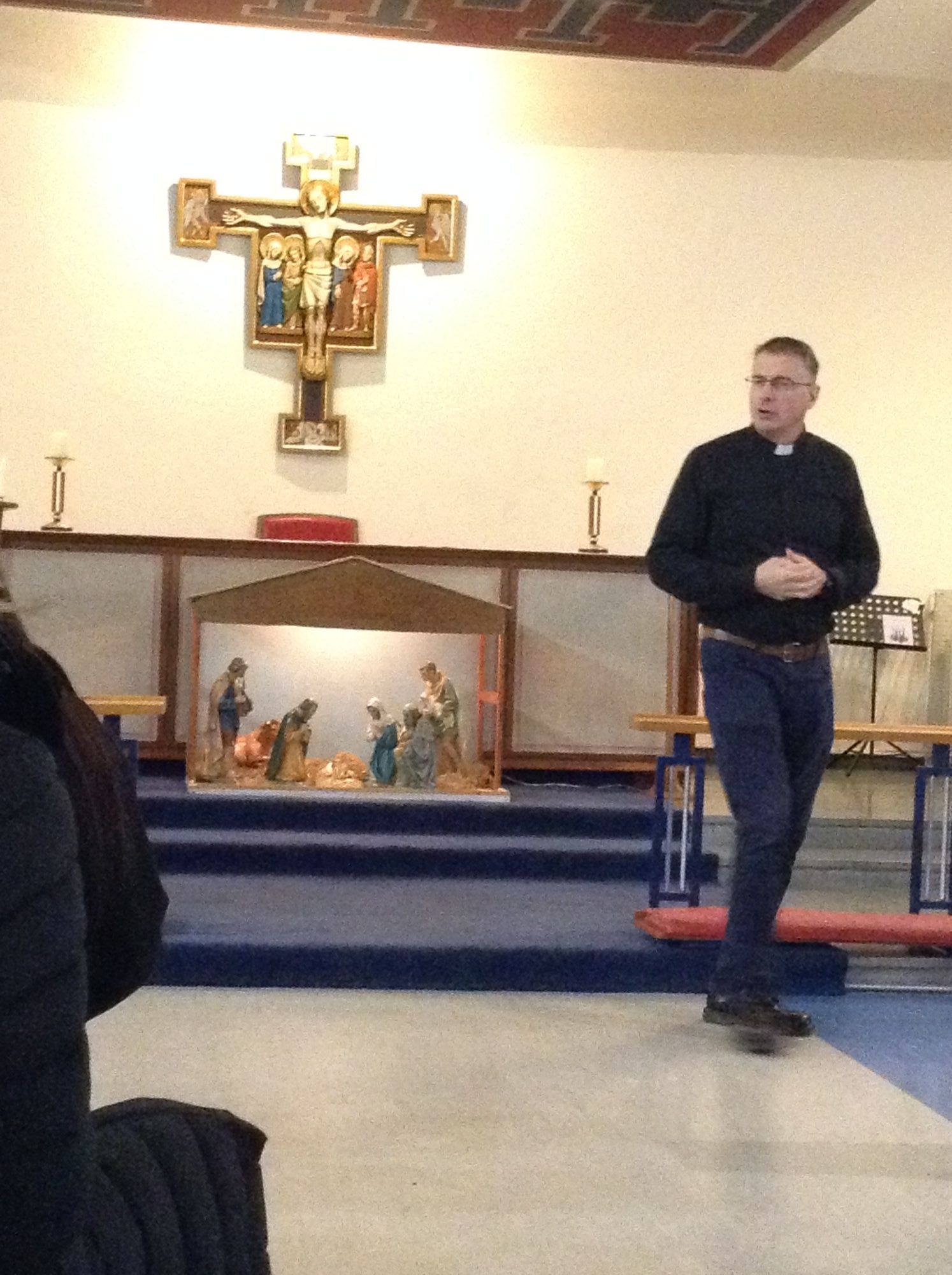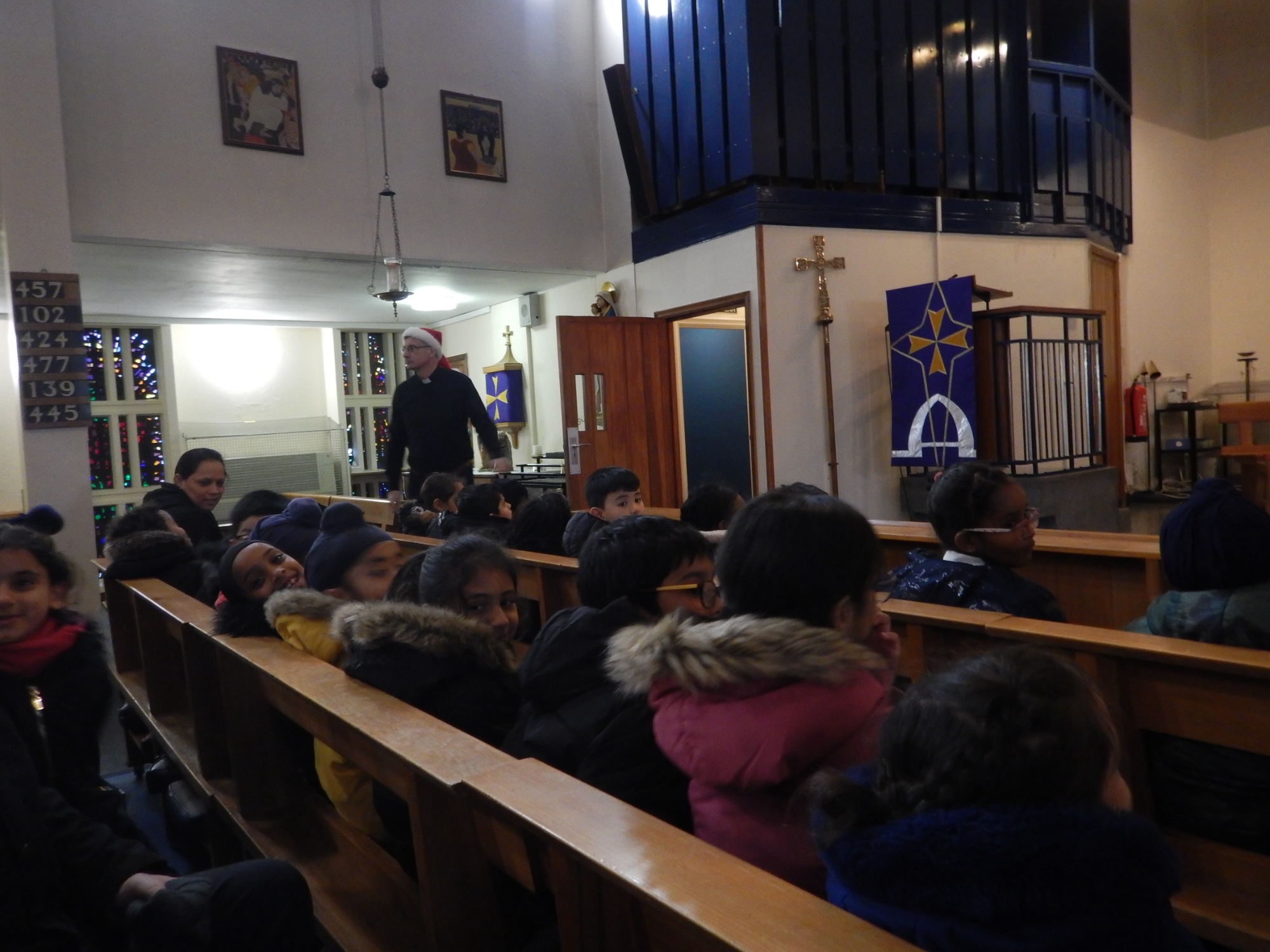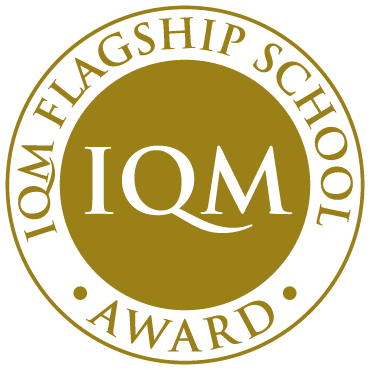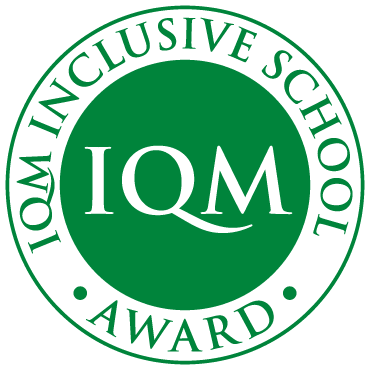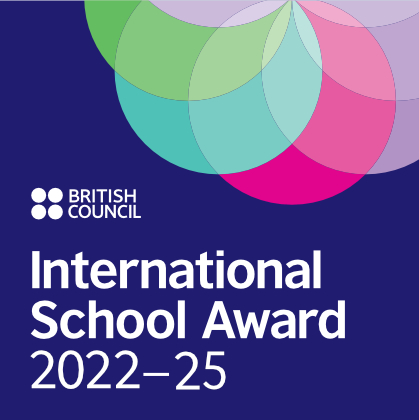Religious Education
Religious Education
Religious Education (RE) gives children valuable insights into the diverse beliefs and opinions held by people today. It helps with their own personal development and supports an understanding of the spiritual, moral, social and cultural questions that surface again and again in their lives.
Religious Education is learning about different religions, as well as learning from different religions.
Our RE curriculum is knowledge based; designed to help children increase their understanding of religious concepts, but it also helps them to explore their own personal beliefs and values.
Children are taught what it means to have a faith; they acquire and develop knowledge about different faiths and learn to respect and value people’s right to their own faith.
Children learn about what people believe about God, how people show their beliefs in their daily lives and how people explain what they believe and understand using symbols and stories. This helps children to make sense of who they are, start to consider big life questions and develop their sense of right and wrong.
RE helps to develop skills such as questioning, investigation, communication, evaluation and the ability to make reasoned and informed judgments. RE lessons are an opportunity for children to have their views challenged and to develop their critical view. They learn to weigh up the value of wisdom from different sources, to develop and express their insights in response, and to agree or disagree respectfully.
Schools are obliged by law to teach RE. Our RE curriculum is informed by the Hillingdon SACRE Syllabus which is based upon the National Curriculum Framework for RE and reflects the religious profile of our local school community. This is largely Christian, as well as a significant number of Hindu, Sikh and Muslim families. Teaching endorses the school’s values of respect, tolerance, rules, choice and individuality, which in turn reflect British Values.
Our Yeading Infant and Nursery RE curriculum supports how children progress in knowledge and skills from year to year.
On Monday, the 11th November 2024 was the start of Inter-Faith week at school. This is a time for children to learn and discover more about all the different religions around the world. We looked at the demographic of the children in our school and decided to focus on the three main religions of that they believe in; Christianity, Sikhism and Islam.
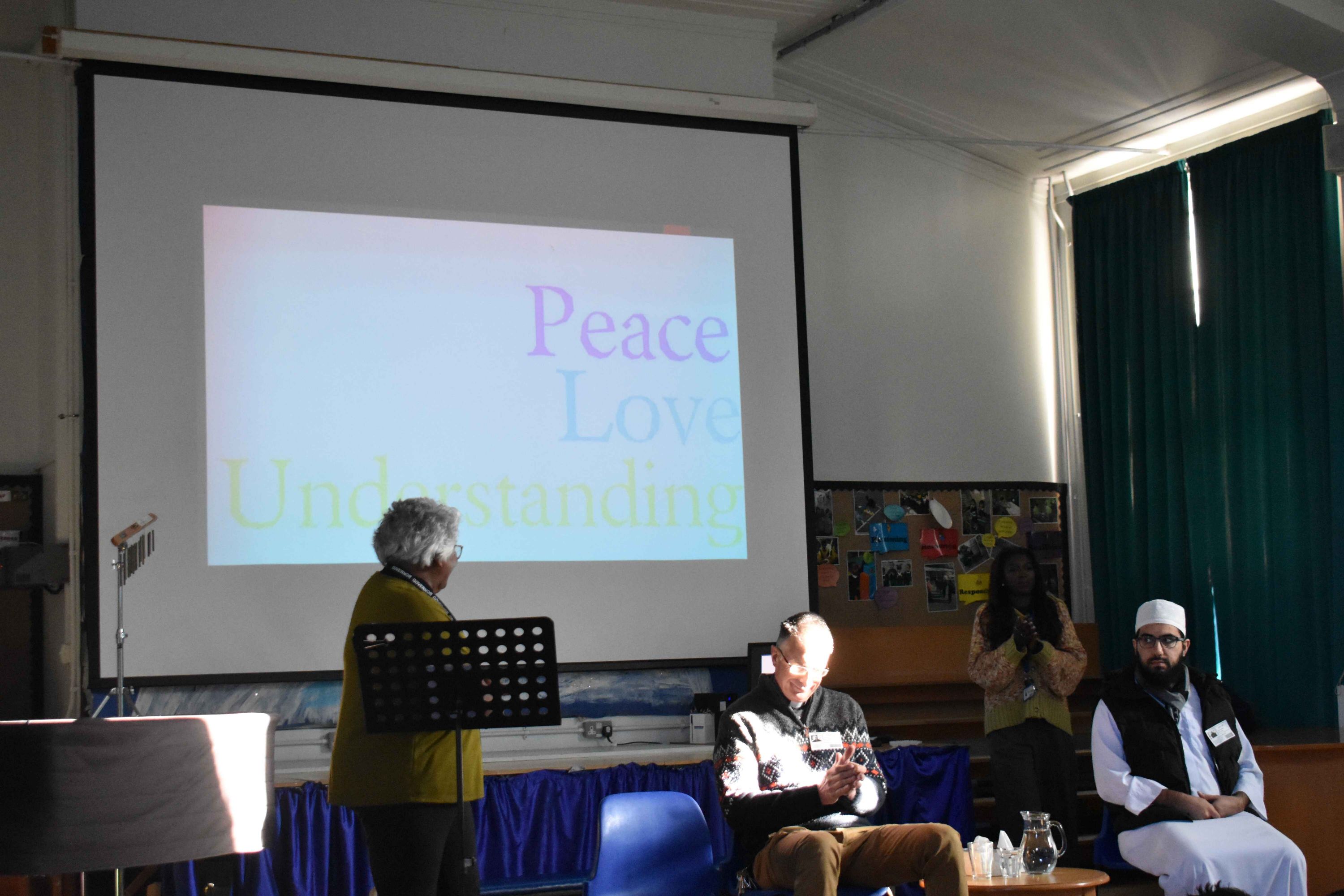
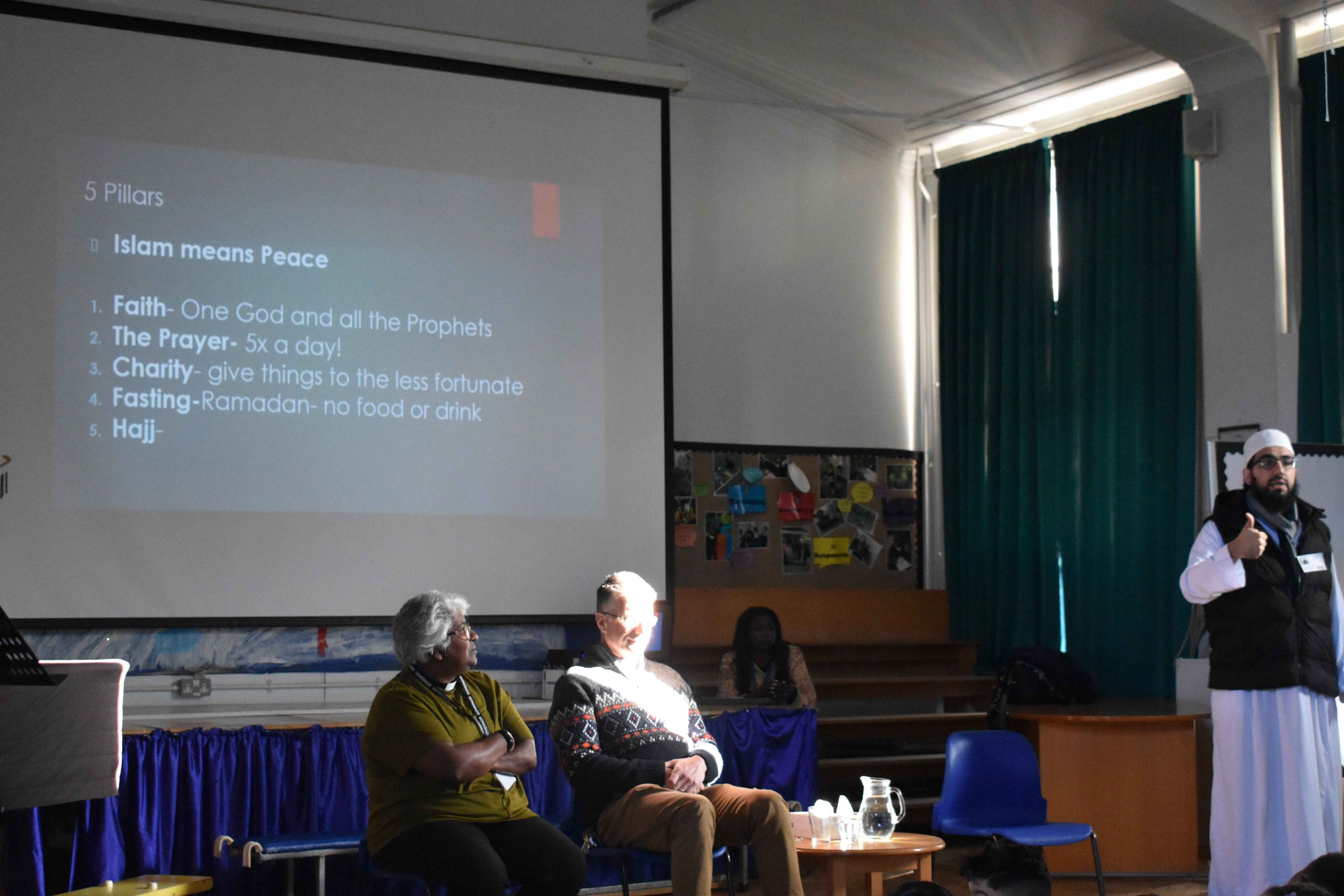
On Tuesday the 12th, Mr Singh from Khalsa Primary school, Slough, kindly came to deliver an amazing assembly to the children. He spoke about how the Sikh faith was discovered and the importance of Guru Nanak Dev Ji and his findings. The day after, we were also graced with our local Vicar, Father Peter and Reverend Vanessa from St Edmunds, as well as the Imam from Greenford Mosque. They delivered an informative assembly linking both faiths together whilst also explaining the importance and differences between them. The children were able to ask a lot of lovely questions after and it was a great week!
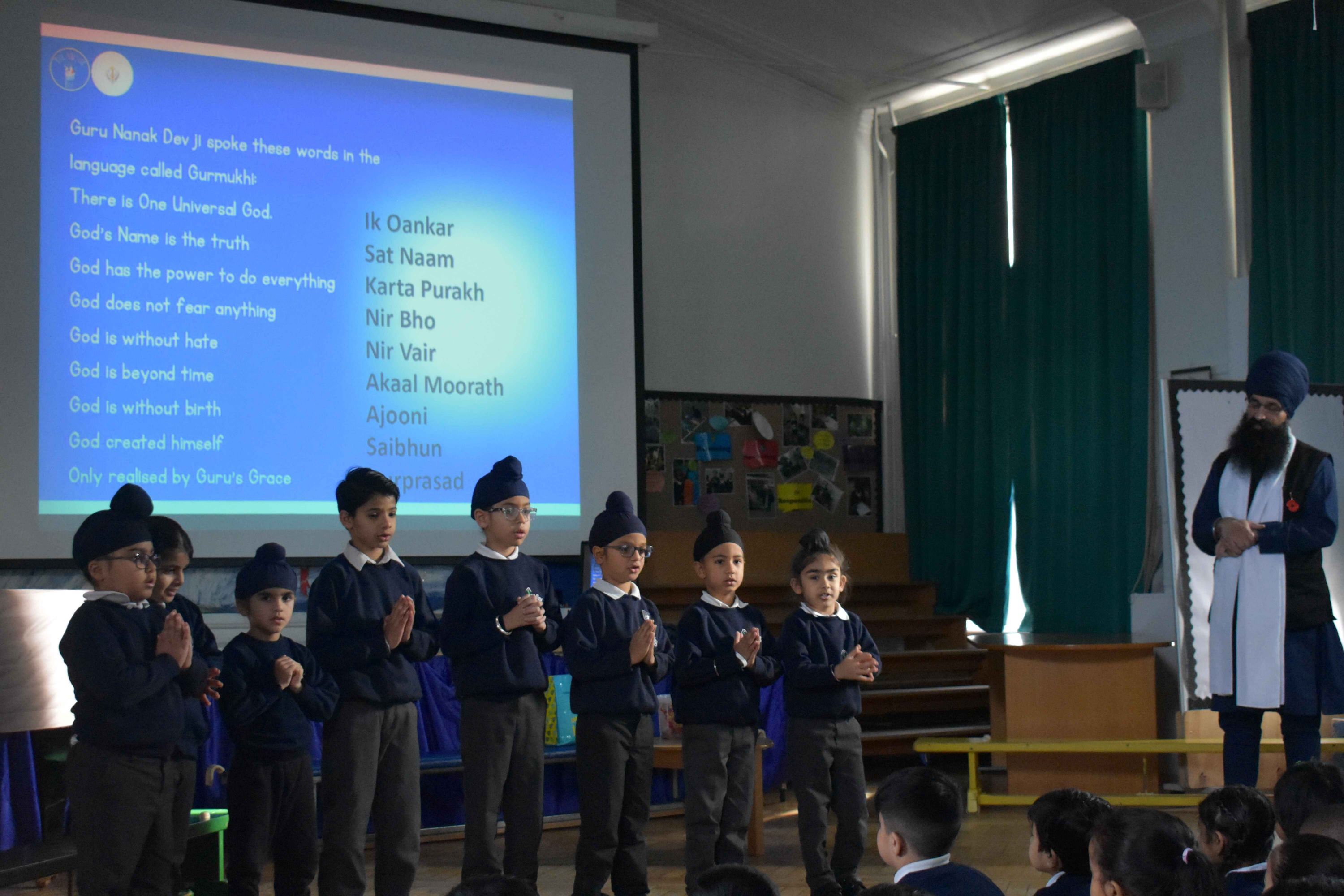

RE in EYFS
In the Early Years children explore their own thoughts, feelings and beliefs and are introduced to those of other people. For example – People who help us and what does it mean to belong. Our children read an amazing story entitled “Guess how much I love you” The children’s own experiences are the starting point for learning; children ask and answer questions about religion and culture as they occur naturally within their everyday experiences. They reflect on their own feelings and experiences and share them with others, such as Who can help you when you are ill or if you need help? Or how they celebrate Diwali, Eid, Christmas, or a family celebration.
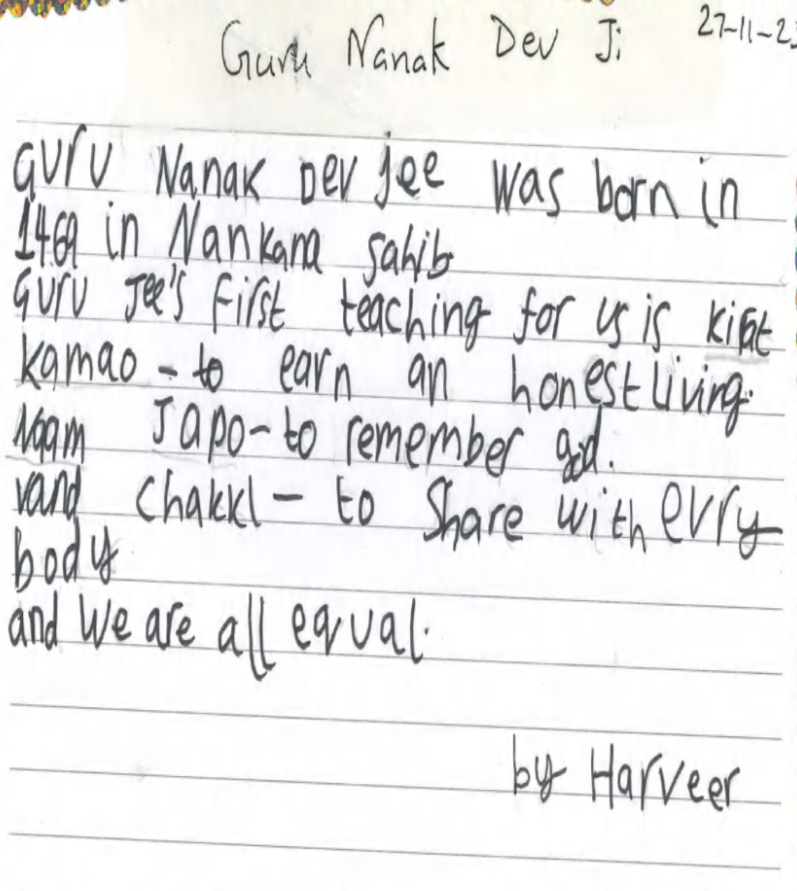
Children begin to explore the world of religion in terms of special people, books, times, places and objects and by visiting places of worship. They explore faith through stories, pictures, role play and discussion. They handle real artefacts and respond creatively through dance, drama, art and music.

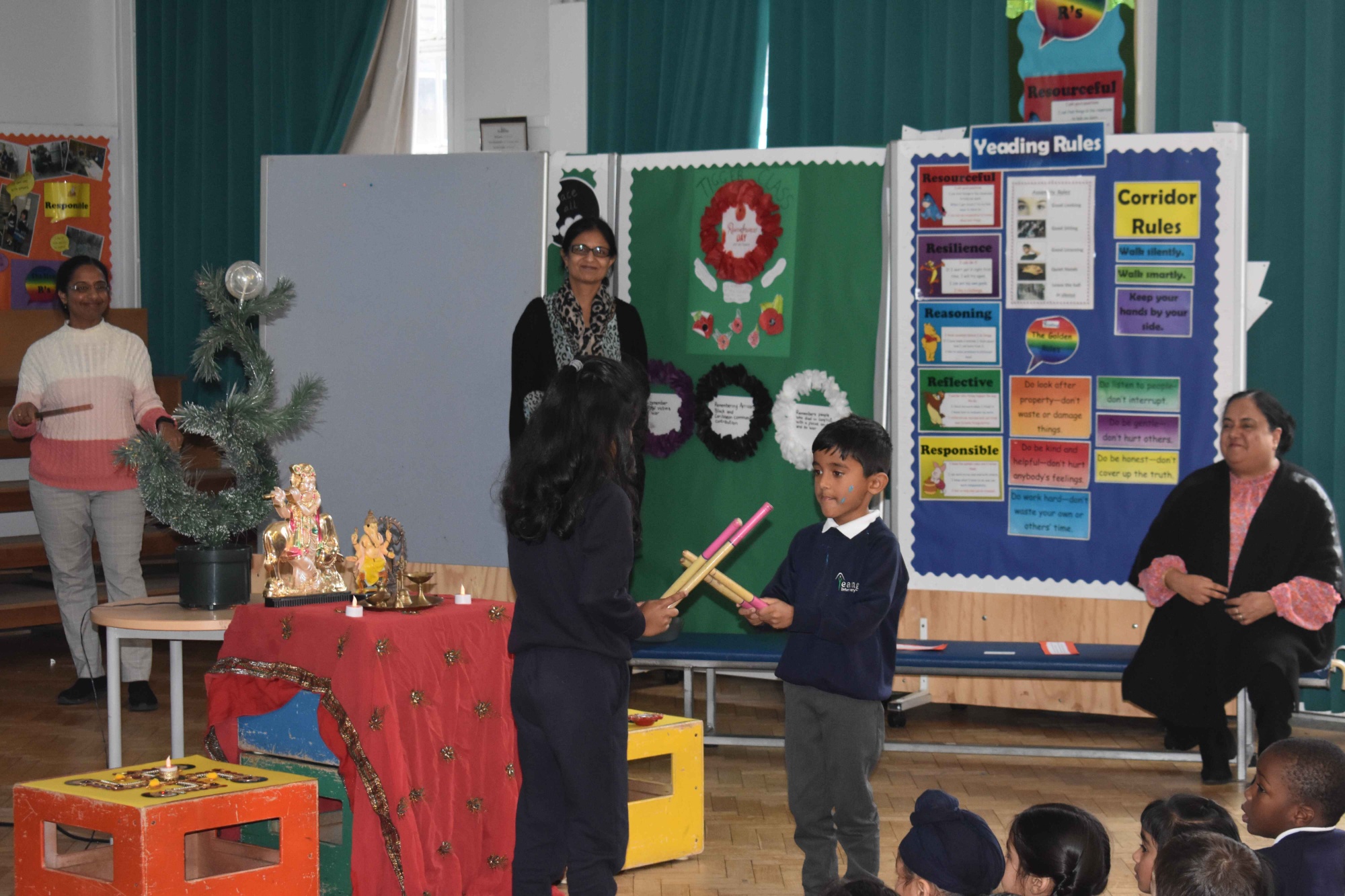
Children are introduced to religious words where appropriate and use their senses in exploring religions and beliefs, practices and forms of expression. Children are encouraged use their imagination and curiosity in order to develop their appreciation and wonder of the world in which they live. They also talk about some of the ways that people show love and concern for others and why this is important. They think about issues of right and wrong and how people help one another.
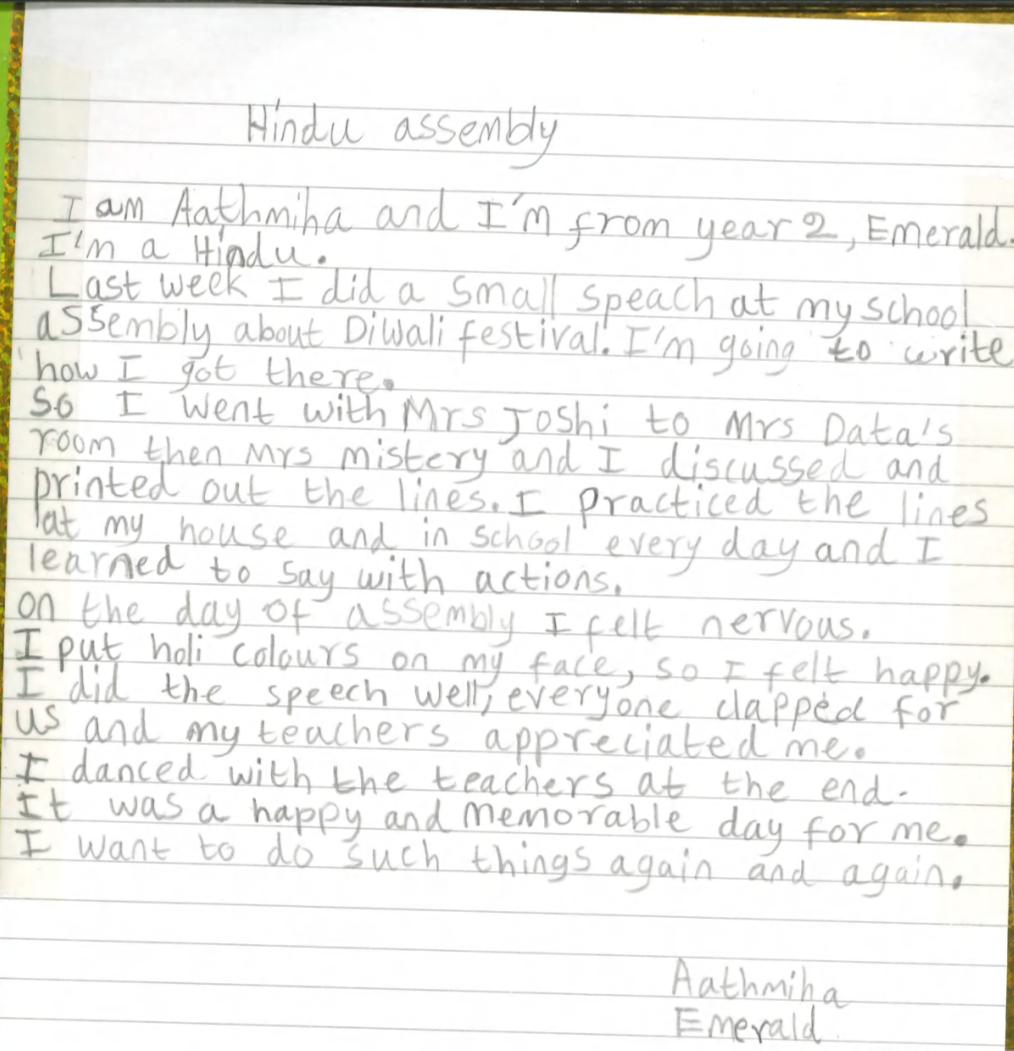
RE in Key Stage 1
Every half term in KS1, a new theme is covered. We build upon key questions discussed in year 1 to exploring how all religions link together in year 2. We encourage the unity within the community and promote a sharing of religion and culture. The key questions for each unit of learning are shown in the chart below. Lessons develop ideas sequentially related to the theme, encouraging children to develop their thinking, explore and express their ideas about that particular question.
Wherever possible, cross-curricular links with other subjects are encouraged to ensure a holistic approach to the teaching of Religious Education.
Intent:
Key questions:
What religion do you identify as?
Why is it good to be me?
Why are some places special?
What does it mean to belong?
What is a holy day?
What are religions associated with?
What makes me?
What do we do make others happy?
Implement:
Opportunities to revisit prior learning, and to embed long term knowledge and understanding, are built into the RE programme and are particularly drawn together at the end of KS1 in a final reflective unit. Making links between religions is encouraged, using themes and broad questions to explore similarities and differences in a spiralling and interleaved curriculum model. We make every attempt to ensure key religious festivals are taught according to their calendar occurrence.
In addition to building knowledge, skills and personal values, teachers also use experiential and creative opportunities to enrich RE learning. We encourage discussion and oral sharing of ideas as the structure for most lessons.
We use local community resources where possible – including visits to local places of worship (such as St Edmunds Church). Visitors are invited to come to school to talk about their faith, values and way of life. For example, we have a close relationship with the local Vicar and Reverend who frequently visit the school to talk to the children about different celebrations such as Harvest, Easter and Christmas.
This year for Inter-faith week, the school had weekly assemblies led by leaders from different religious communities. The children were highly engaged and left every assembly with knowledge about different faiths.
As a reflective school, we use the growth mind set approach to help children be more independent learners and self-regulate. We use “Mind Maps” and to help children organise their learning and develop their skills. We also use community based philosophical enquiry (P4C) as a means of encouraging wider thinking and exploring concepts in RE, working together to build understanding.
We ensure inclusive practices are met across the school. Examples include- children with English as their Additional language are given simple child friendly religious language. We ensure we adapt every single lesson to fit the needs for each child. During Religious trips, provisions are made for the children that cannot afford to pay for the trips and where the school can fill in the gaps, we do.
Impact:
At Yeading Infant and Nursery school our children are positive, resilient and reflective. Our RE curriculum increases awareness, tolerance and respect of religious and cultural diversity and helps children to form their own ideas about belonging, meaning and truth. In short, preparing them for future citizenship in a modern diverse society.

